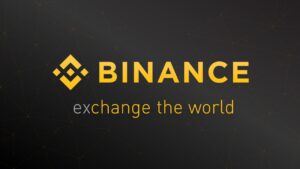In Malta, with widespread internet access and high social media usage, digital reputation has become a crucial factor for individuals, businesses, and organizations. How you are perceived online can significantly influence credibility, opportunities, and professional growth.
Why Digital Reputation Matters in Malta
- Highly Connected Online Community
Social media platforms such as Facebook, Instagram, LinkedIn, Twitter, and TikTok are widely used across Malta. Maintaining a positive online presence helps individuals and businesses connect effectively with clients, partners, and communities. - Business Credibility and Growth
Companies in sectors like tourism, services, e-commerce, and professional services rely heavily on online reputation. Positive reviews, professional websites, and active social media engagement build trust and attract clients. - Professional Opportunities
Professionals use online platforms to showcase skills, portfolios, and achievements. A strong digital reputation can open doors to local and international job opportunities, collaborations, and networking. - Community Influence and Public Perception
Public figures, NGOs, and social initiatives benefit from a trustworthy online presence. Digital reputation helps shape public opinion, foster credibility, and encourage community engagement.
Strategies to Build a Strong Digital Reputation
- Effective Social Media Management
Post consistently, engage authentically with followers, and respond professionally to comments and messages. Transparency and consistency are essential for trust-building. - Encourage Positive Reviews
Ask satisfied clients or partners to leave feedback on Google, social media, or professional directories. Address negative feedback constructively. - Content Creation and Thought Leadership
Share insights, expertise, and success stories via blogs, videos, podcasts, or social media posts. Establishing authority enhances credibility. - Monitor Online Presence
Use monitoring tools to track mentions, reviews, and engagement. Proactive monitoring allows timely responses to potential risks or negative content. - Cybersecurity and Privacy
Protect online accounts, websites, and personal data with strong security measures. Compromised accounts or data breaches can quickly damage trust and reputation.
Challenges in Malta
- Misinformation and Fake News: False content can spread rapidly, affecting online perception.
- Digital Literacy Gaps: Not all users fully understand online risks or opportunities.
- Rapidly Changing Platforms: Social media trends evolve quickly, requiring continuous adaptation.
Conclusion
In Malta, digital reputation is a vital asset for businesses, professionals, and public figures. By actively managing social media, encouraging positive feedback, creating valuable content, and monitoring online presence, individuals and organizations can cultivate a trustworthy digital image that fosters credibility, growth, and influence locally and globally.


